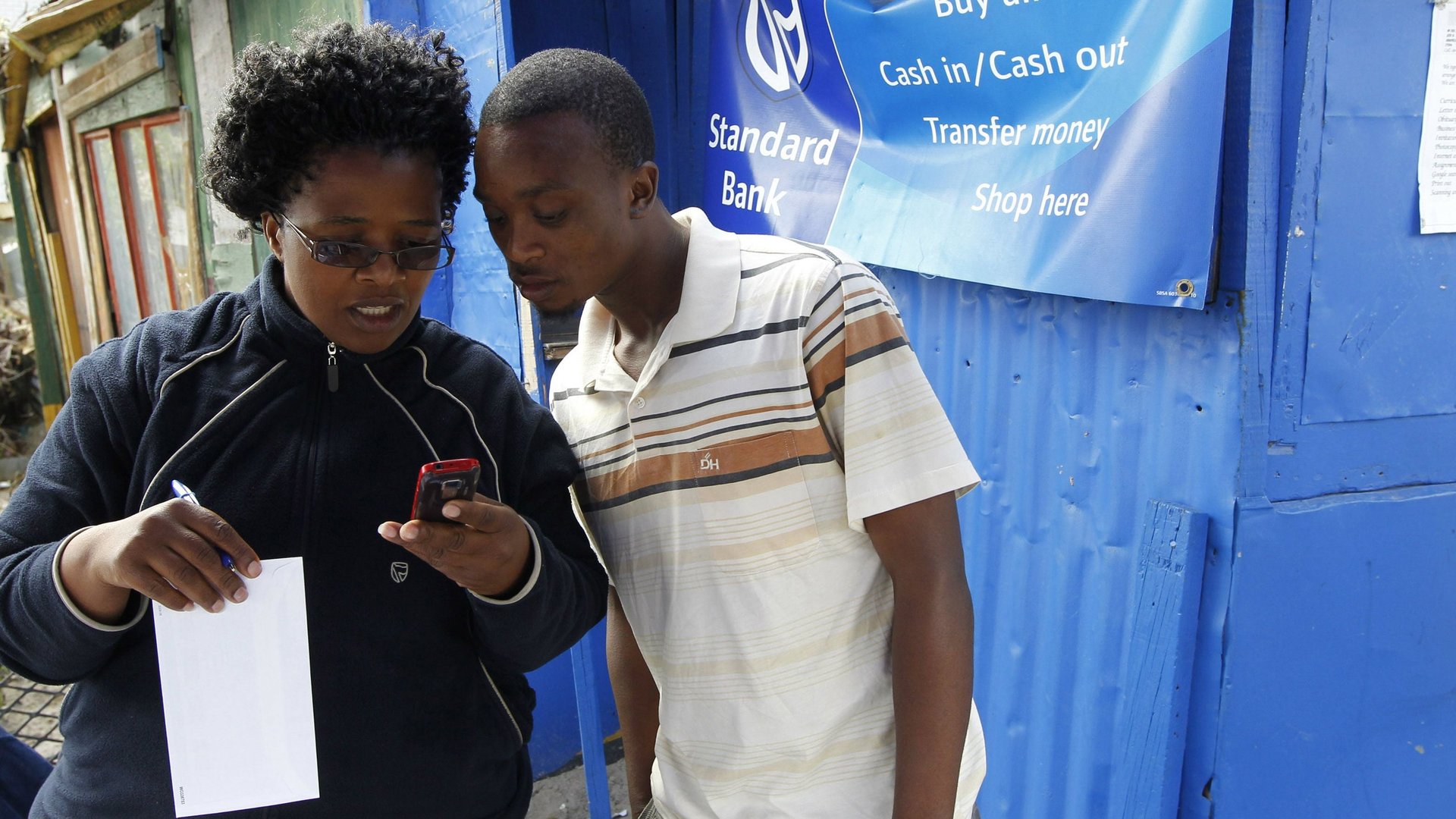This online video service wants Africans to subscribe for the price of a “pirated DVD”
Iflix, an Asia-based video-on-demand (VOD) service, will launch in Nigeria, Zimbabwe, Tanzania and Kenya in August. Founded in 2015 in Malaysia, iflix has rapidly expanded across southeast Asia, the Middle East and North African markets.


Iflix, an Asia-based video-on-demand (VOD) service, will launch in Nigeria, Zimbabwe, Tanzania and Kenya in August. Founded in 2015 in Malaysia, iflix has rapidly expanded across southeast Asia, the Middle East and North African markets.
In March, to back its expansion into new markets, including Africa, iflix raised $90 million in a funding round which included Liberty Global, one of the world’s largest media companies and Zain, the Kuwait-based mobile operator.
But rather than take on Netflix which launched in Africa in Jan. 2016 and whose pricing will mainly target Africa’s wealthier middle class customers, iflix is looking to position itself as an affordable alternative to piracy for mass markets. With piracy rampant across African content markets, iflix’s value proposition is its wide range of high quality content for “essentially the price of a single pirated DVD,” Andre de Wet, head of iflix Africa, tells Quartz. ”We founded iflix with the aim of offering consumers an alternative that is better than piracy.”
Iflix will roll out its services for $2.50 in Africa compared with Netflix’s average of $8 a month.
As smartphone and internet penetration deepens across the continent, iflix is betting on being ready for changes in how Africans consume video content. But it won’t be easy. In addition to the piracy problem, the cost and quality of internet access in many countries means video subscription services will always struggle to be a mainstream proposition in the near term. Nigerian online video pioneer IrokoTV has shifted the emphasis of its business model from online distribution to TV and movie production and distribution via traditional broadcast channels on satellite.
To gain traction and add to its 5 million subscribers globally, iflix also plans to focus on local content and invest in originals. Looking to latch on the popularity of Nigeria’s Nollywood movie industry across the continent, iflix has purchased “up to 1,000 hours” of exclusive Nollywood content. De Wet also says the company has “already commissioned two local titles.”
Like Netflix, Showmax and other VOD services on the continent, iflix will have to solve the problem of content delivery for its African users to reduce buffering over slow and expensive internet connections.
As a workaround, de Wet says iflix will adapt its services for data and cost peculiarities by offering customers different content download and streaming options depending on the strength of their internet connection.